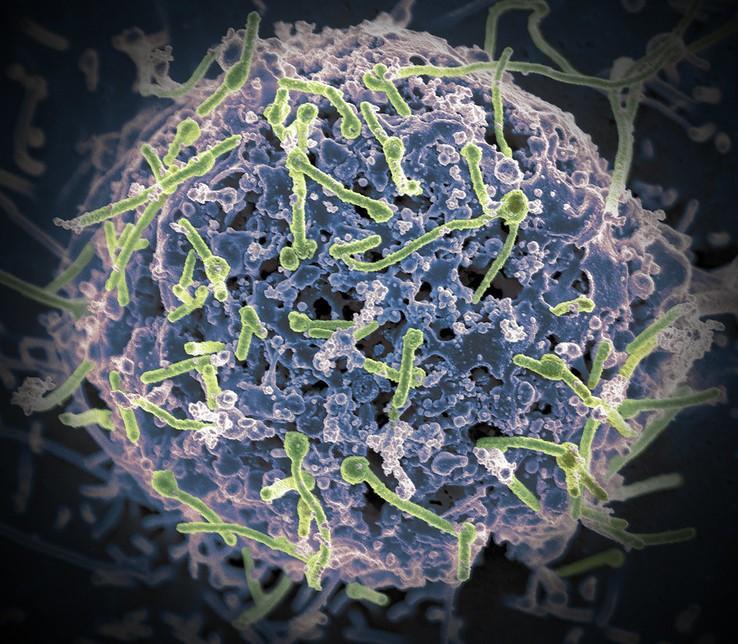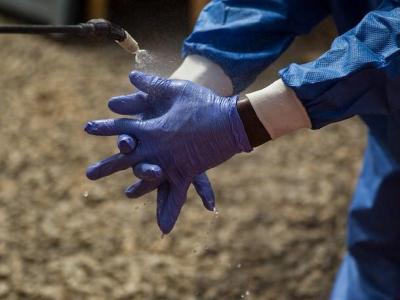Uganda's health ministry today reported four more lab-confirmed Sudan Ebola cases, a day after the World Health Organization's (WHO's) top official raised concerns about undetected transmission chains and the risk to the country's capital.
On Twitter, the health ministry said there are now 64 lab-confirmed cases. Also, it reported 25 deaths among confirmed patients, 1 more than yesterday.
Earlier in the outbreak, which began in early September, the country reported 20 suspected cases, all fatal. In an earlier risk assessment on the outbreak, the WHO had said the virus may have been circulating as long as 3 weeks before the first suspected cases were reported.
Officials also said one confirmed Ebola patient is being treated at the Entebbe National Isolation Center.
Recent cases not among known contacts
At a WHO briefing yesterday, Director-General Tedros Adhanom Ghebreyesus, PhD, said the WHO is still concerned about the possibility of undetected transmission chains in affected areas. "The Ministry of Health is investigating the most recent eight cases, as initial reports indicate they were not among known contacts," he said.
Tedros also said two people with confirmed infections from Mubende district sought care in Kampala, increasing the transmission risks in the city. Kampala, the country's capital, has a population of 1.7 million. Last week, the ministry reported a death of a man from Ebola who had fled his village to visit a traditional healer and eventually sought care at a Kampala hospital when he was seriously ill.
The country's health minister, Ruth Jane Aceng Ocero, MBChB, MPH, has urged people to avoid seeking care for Ebola symptoms from traditional healers and to avoid taking taxis when they have symptoms of the virus.
In his comments, Tedros said he's pleased that Uganda has recognized the risks, and he said the WHO and its partners will continue to support the government's efforts to contain the outbreak and prevent it from spreading to other regions and countries.
There are no vaccines or treatments for the rarer Sudan Ebola strain, but the WHO's representative in Uganda, Yonas Tegegn Woldemariam, MD, told the Associated Press that two vaccines under development that target the strain will be deployed in about 2 weeks. The vaccines would be deployed as part of a clinical trial, similar to studies that took place with Zaire Ebola vaccines in West Africa's outbreak.
















